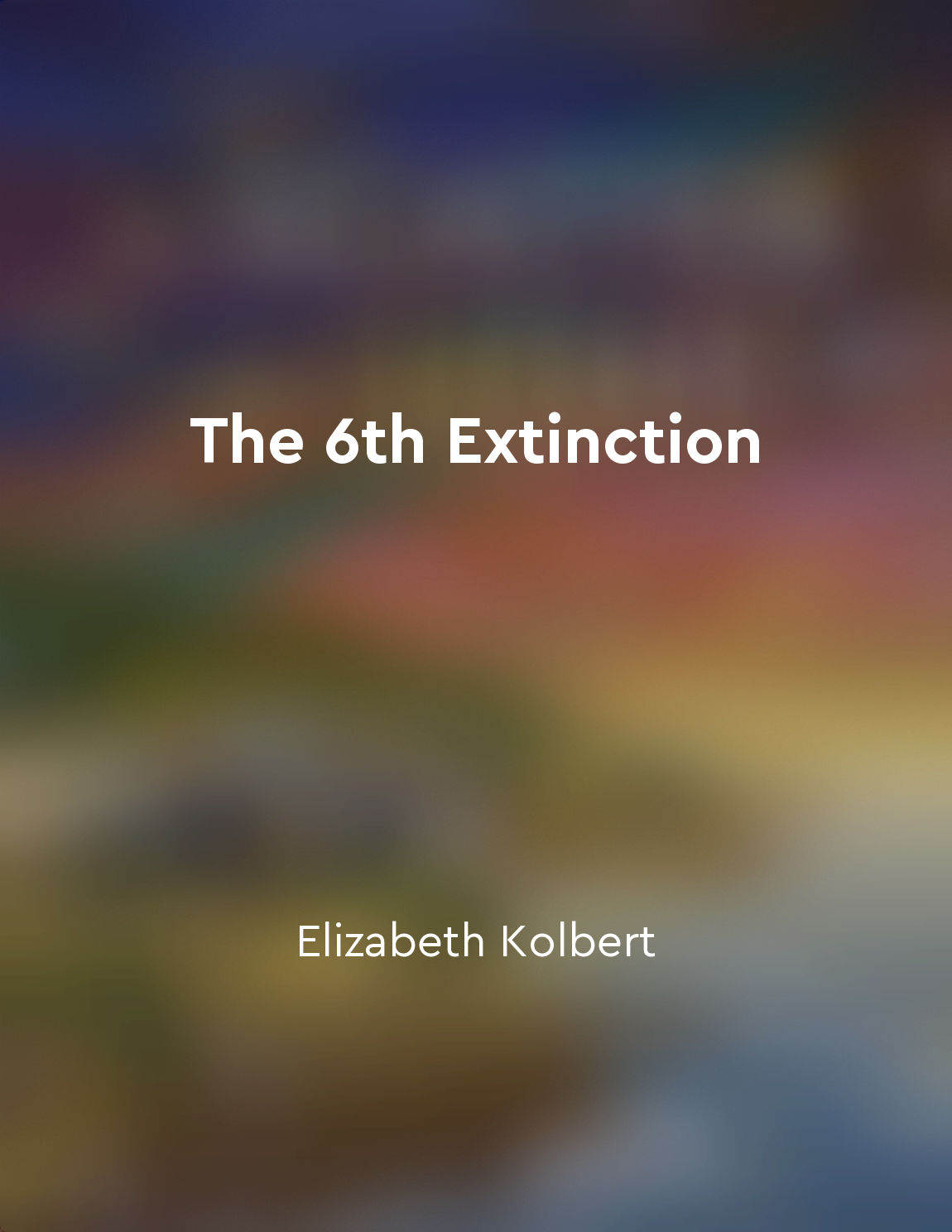Many pollinators are facing habitat loss and pesticide exposure from "summary" of The Forgotten Pollinators by Stephen L. Buchmann,Gary Paul Nabhan
It is evident that numerous pollinators are currently encountering a dual threat of habitat loss and exposure to harmful pesticides. This combination of factors has led to a decline in pollinator populations worldwide, impacting not only the pollinators themselves but also the ecosystems they support. Habitat loss poses a significant challenge to pollinators as human activities continue to encroach upon natural habitats. The destruction of forests, grasslands, and other natural landscapes has disrupted the intricate relationships between pollinators and the plants they rely on for food and shelter. Without suitable habitats, pollinators are unable to find the resources they need to survive and reproduce, leading to a decline in their populations. In addition to habitat loss, pollinators are also facing the harmful effects of pesticide exposure. The widespread use of pesticides in agriculture has resulted in the contamination of pollinator habitats, exposing these insects to toxic chemicals that can disrupt their reproductive cycles, weaken their immune systems, and even cause death. Pesticides not only directly harm pollinators but also indirectly impact them by contaminating the nectar and pollen they consume. The combination of habitat loss and pesticide exposure has created a perfect storm for pollinators, pushing many species to the brink of extinction. Without urgent action to address these threats, we risk losing not only the pollinators themselves but also the essential services they provide to ecosystems and agriculture. It is crucial that we take steps to protect pollinator habitats, reduce pesticide use, and promote sustainable practices that support pollinator populations for the benefit of all living beings.Similar Posts

The interconnectedness of species makes extinction a complex issue
The intricate web of life on Earth is a delicate balance that has evolved over millions of years. Each species, no matter how b...
Collaboration is essential for effective conservation
The interconnectedness of all living things is a fundamental truth that cannot be ignored. In the intricate web of life, every ...
Urban development threatens the survival of many species
Urban development is rapidly spreading across the country, transforming natural habitats into a landscape dominated by building...
Collaboration is key to success
In our rapidly changing world, the ability to collaborate effectively is more crucial than ever before. The challenges we face ...
Ancient redwoods are a testament to the power and beauty of nature
In the towering old-growth forests of the Pacific Northwest, ancient redwoods stand as silent witnesses to the immense power an...
DDT persists in the environment for years
DDT, once released into the environment, does not disappear quickly. It persists for years in soil, water, and even in the bodi...
Home gardens can serve as vital habitats for native species
Home gardens are much more than mere patches of green in our urban landscapes. They can be vital habitats for a wide range of n...
We must shift towards a more circular economy to reduce waste
The current linear economic model is unsustainable and inefficient, leading to the depletion of natural resources and the gener...
The health of pollinators is linked to human health and wellbeing
The interconnectedness of all living things is a fundamental truth that cannot be ignored. In the intricate web of life, every ...
